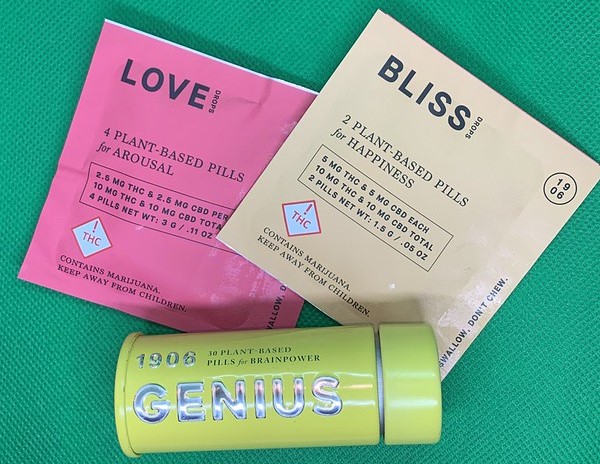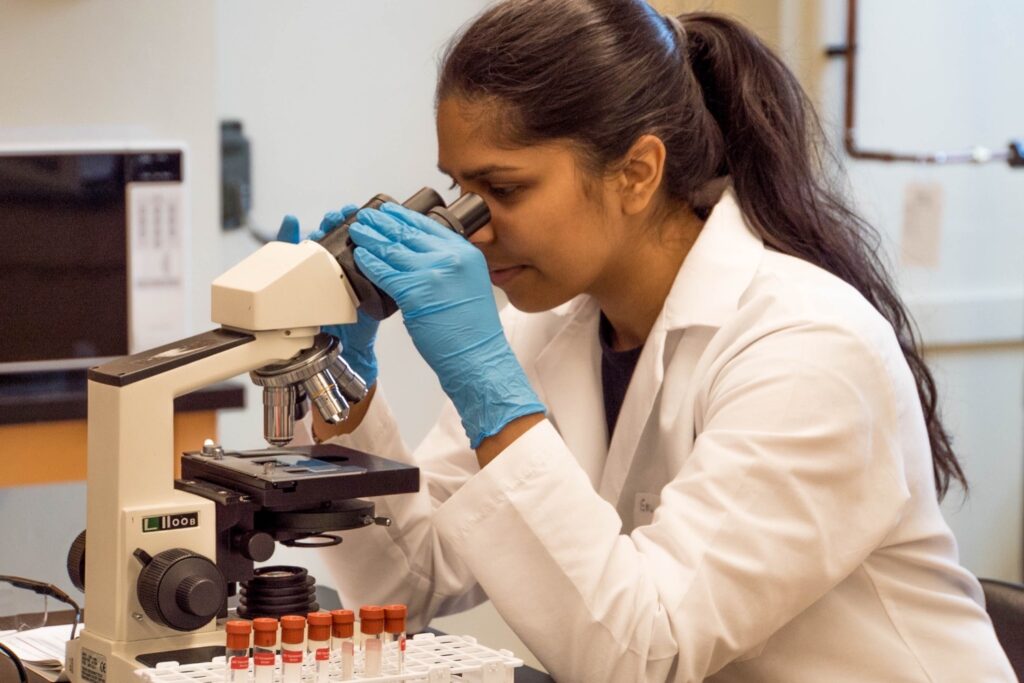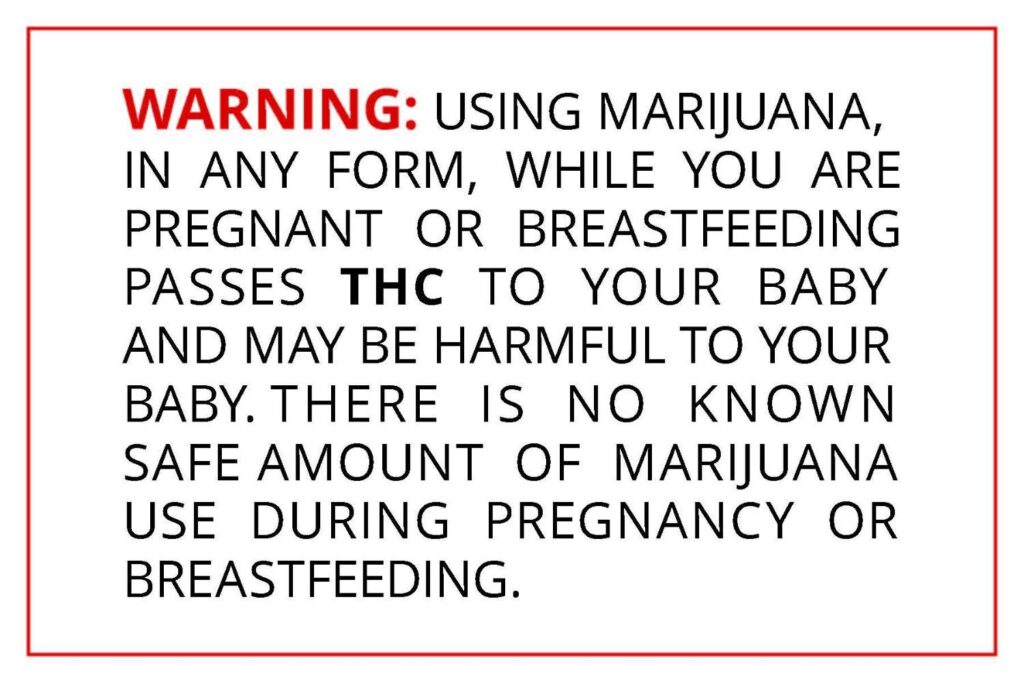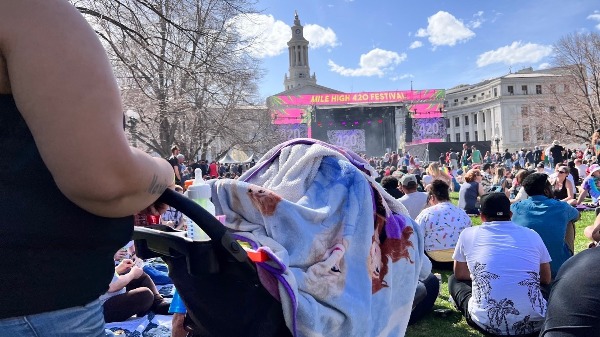
April 12, 2023
This month began with April Fools Day. When it comes to marijuana, we cannot let our kids be fooled into believing anything but the facts of the potential harms from marijuana use. There are a number of myths that perpetuate the attitude that teen marijuana use is nothing to be alarmed about. The fact is there is mounting evidence that marijuana is harmful both physically and mentally. Below are facts to use as talking points when those myths are brought into the conversation.
- Myth #1 It’s just a little pot, a natural and organic plant.
FACT: Today’s genetically modified flower strains and bio-engineered chemical extraction processes produce edibles, oils and waxes that have little resemblance to the natural plant. It also makes the drug exponentially stronger with the end product containing up to +90% THC.
– Marijuana potency of “flower or bud” has increased from about 4% in the 1980s to an average of 20-25% today.
– Legal manufacturers extract THC, to make concentrate that is used in vaping, dabbing and edibles. Some concentrates are made by using a number of dangerous chemicals including ethanol, butane, propane and other compounds.
- Myth #2 Marijuana helps with focus and learning.
- Myth #3 Marijuana helps with sleep.
FACT: The US Surgeon General Advisory: Marijuana Use and the Developing Brain, warns that frequent marijuana use is associated with lower IQ scores, and deficits of attention, memory, and learning for kids and young adults as their brains are still developing until about age 25. The impairment increases with more frequent marijuana use and is associated with not graduating high school and attaining a college degree.
– Higher doses of THC are more likely to produce anxiety and agitation.
– From a University of Colorado Boulder 2021 article Recent research from CU Boulder finds that frequent cannabis use could induce further sleep problems: “Our brain does a lot when we sleep: It repairs, organizes and consolidates memories. In terms of how cannabis influences sleep, very acute limited use has shown to help sleep, but when we see heavy chronic use, daily use, it’s associated with a host of sleep deficits, including insomnia, lower sleep duration, sleep-quality issues and longer sleep onset latency.”


- Myth #4 Marijuana is good for mental health issues.
- Myth #5 Marijuana helps with depression and anxiety.
FACT: From the 2022 Monitoring Health Concerns Related to Marijuana in Colorado: Marijuana use by adolescents and young adults is strongly associated with developing psychotic symptoms in adulthood, such as hallucinations, paranoia and delusional beliefs. The risk is higher with more frequent use and among those who start using marijuana at a younger age.
– In Colorado, the state with the longest experience with THC commercialization, THC is the #1 substance found in toxicology reports conducted on completed suicides for ages 10-24. (2023 Postmortem Toxicology report)
- Myth #6 THC doesn’t impair, it improves driving ability.
FACT: The percentage of all Colorado traffic deaths involving drivers who tested positive for marijuana increased from 11% in 2013 to 20% in 2020.
– The combination of marijuana and alcohol or other substances increases the risk of a crash.
- Myth #7 Marijuana helps with morning sickness.
FACT: The United States Surgeon General statement is clear: No amount of marijuana use during pregnancy or adolescence is known to be safe.
– The Harms of THC use can include greater risk of stillbirth, low birth weight, and long-term brain development issues affecting memory, cognition and behavior. (Substance Abuse and Mental Health Services Administration)
– After a 2018 study found 69% of 400 Colorado marijuana dispensaries were recommending marijuana to pregnant women, the Colorado Legislature required this Pregnancy and Breastfeeding Warning be posted in all Colorado marijuana dispensaries.
To ensure 100% compliance with this important safety measure One Chance provided a free sign to every store in the state.

- Myth #8 It’s sold as medicine so it must be safe.
FACT: Products have not been evaluated by the Food and Drug Administration.
– According to the Food and Drug Administration “Products that have not been subject to FDA review as part of the drug approval process have not been evaluated as to whether they work, what the proper dosage may be if they do work, how they could interact with other drugs, or whether they have dangerous side effects or other safety concerns.”
– Because medical marijuana is not FDA approved, it is not held to the same standard as other medications which require a prescription to include type, dosage, and directions for use, along with follow-up with a physician before allowing unlimited refills. Salespersons at dispensaries have no medical training, unlike pharmacists, and are not qualified to recommend marijuana to treat any health ailment.
– Heavy long-term use can cause Cannabinoid hyperemesis syndrome (CHS) which is a condition that causes recurring bouts of severe and unrelenting vomiting that can last for hours or days.
– The American Psychiatric Association (APA) issued a position statement in opposition to the use of marijuana as medicine, citing the lack of scientific evidence supporting marijuana for the treatment of any psychiatric disorder.
- Myth #9 Marijuana is not addictive.
FACT: Marijuana use can lead to the development of a marijuana use disorder, a form of dependence which can be considered addiction in severe cases.
– People who begin using marijuana before the age of 18 are 4-7 times more likely to develop a marijuana use disorder than adults. NIDA data suggest that 30% of those who use marijuana may have some degree of marijuana use disorder.
– Emerging research shows the #1 contributor to future opioid use disorder is marijuana use before the age of 18.
– Frequent users often report withdrawal symptoms including irritability, mood and sleep difficulties, decreased appetite, cravings, restlessness, and/or various forms of physical discomfort that peak within the first week after quitting and last up to 2 weeks.
– The Impacts of Marijuana Legalization in Colorado July 2021 report, states that nearly three-quarters of youth (10 to 17 years-old) in treatment for substance use report marijuana as their primary substance of use.
- Myth #10 Marijuana is not getting into the hands of kids
FACT: The 2021 CO Healthy Kids Survey shows 21% of high school marijuana users report someone over the age of 21 gave it to them. Five percent of high school marijuana users report they purchased from a marijuana dispensary.
– In 2021, only 80 under age sales compliance checks were completed for the 1074 Colorado dispensaries. Only 16 were completed in the first quarter of 2022. This extremely small number of compliance checks fails to hold dispensaries accountable for age compliance checks.
– February 2021, there were less than 300 patients ages 0-17 in Colorado with medical marijuana cards, but almost 4,000 between the ages 18-20 with the main reason noted as severe pain. Medical cards purchased legally by 18 year olds (many still in high school) helped supply our schools with a steady stream of products from the legal market.
One Chance was instrumental in the passing of HB21-1317 which included some common sense protections:
- In person assessment of the patient by the recommending physician
- 2 physician recommendations for those under 21
- Purchase limits reduced for THC concentrates / required warnings
- Real time tracking system for MMJ to prevent purchasing over the limit
- Limited advertising directed at those under 21
These policy changes have contributed to the 18-20 year old numbers trending down 64.5% from June 2021 to February 2023.

What you can do:
Know where the kids in your life will be on 420. Although marijuana and marijuana products cannot be sold at these events, we know from previous events that they will be present.
Do your part and talk to your kids. Research shows anger or scare tactics don’t work, but a calm discussion of facts may. Remind them that different rules apply if someone is over 21. Conclude the conversation with a clear statement of your expectations and encourage your teen to steer clear of the festival and plan other activities that day.
Check out THCPhotos.org for current updates of today’s available products in states where THC is commercially available. Please visit our website if you would like more information and follow us on Twitter, Facebook and LinkedIn.
Thank you for your care and support in better protecting our kids.
The One Chance Team
Additional resources:

